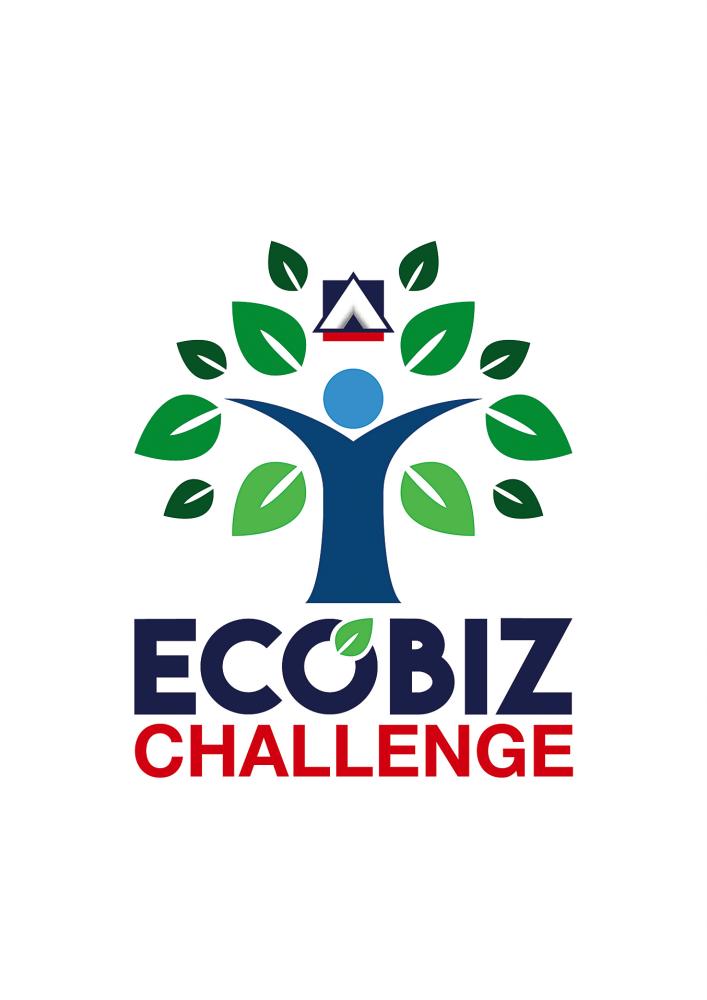
RAPID urbanisation, population growth, and modern lifestyles have resulted in rising waste generation in recent years. The World Bank estimates that the increase in waste worldwide could exceed population growth, reaching 3.4 billion tonnes by 2050. The importance of tackling waste issues is further underscored by how waste generation contributes to global warming and environmental pollution. For example, it is estimated that food waste contributes to 8-10% of global greenhouse gas (GHG) emissions and that only 16% of plastics are recycled.
Closer to home, the Solid Waste Management and Public Cleansing Corp highlighted that Malaysians generate 38,000 tonnes of domestic waste daily. Over 4,000 tonnes (24%) is avoidable food waste. Food waste sent to landfills produces methane – 34 times more potent GHG than carbon dioxide.
Unsurprisingly, these worrying issues have caught the attention of today’s Gen-Zs and millennials who foresee the ecological crisis they are inheriting. Increasingly, young changemakers are proactively advocating social responsibility and green entrepreneurship in tackling social and environmental issues. And across the world, youths are a driving force in shaping effective waste management strategies such as prevention, reducing, reusing, repairing and recycling.
Tapping into this zeitgest, Alliance Bank is collaborating with Malaysian Green Technology and Climate Change Corporation (MGTC) on the fourth season of EcoBiz Challenge which offers youths a platform to develop their eco-entrepreneurial skills. This year, the challenge aims to inspire Malaysians to be a zero-waste nation.
Alliance Islamic Bank CEO Rizal IL-Ehzan Fadil Azim said: “At Alliance Bank, we look to improve the lives of communities in much of what we do. This includes ensuring the responsible use of resources and protecting the environment for future generations. We have been pleased with the innovative zero-waste ideas that our EcoBiz participants have developed so far, and we look forward to helping them bring these ideas to life. Through this challenge, we hope to nurture our nation’s youths to cultivate economically viable and sustainable solutions that can enhance the lives of Malaysians, and create long-term value for the planet.”
The fourth season of the Alliance Bank EcoBiz Challenge brings MGTC’s Jana Graduan Usahawan Hijau (JaGUH) programme to tertiary-level students with high-potential eco-solutions. This innovative programme is designed to imbue participants with a changemaker mindset and equip them with essential technical, financial and entrepreneurial knowledge to build and scale their eco-businesses.
MGTC CEO Shamsul Bahar said: “Experiential learning is a powerful approach to learning, development and performance improvement. Reflecting MGTC’s strategy to drive economic growth, the JaGUH approach enables us to tap into the creativity of youths and provide them with a platform to contribute towards a greener economy. We are confident that this season’s EcoBiz Challenge will help to nurture high-potential youths and cultivate eco-entrepreneurs from graduates, ultimately establishing more sustainable businesses in our nation.”
This 20-week experiential coaching programme combines theory, practical assignments, presentations and industry engagements. Participants will be given the opportunity to pick up technical and soft skills on business model design, social enterprise start-up funding, financial reporting and more.
To complement the learning process, participants will also meet and network with local and international experts from MyHijau Mark companies, industry leaders, social enterprises and non-governmental organisations.
The EcoBiz Challenge 4 offers 10 winning teams cash prizes and six months of continued coaching sessions on green entrepreneurship. The bank will also organise monthly alumni gatherings to encourage winners to learn and collaborate on projects.
The Alliance Bank EcoBiz Challenge is an ongoing environmentally-themed competition in which tertiary students develop sound and sustainable business solutions to address environmental, economic or social issues.
Source : The Sun Daily

